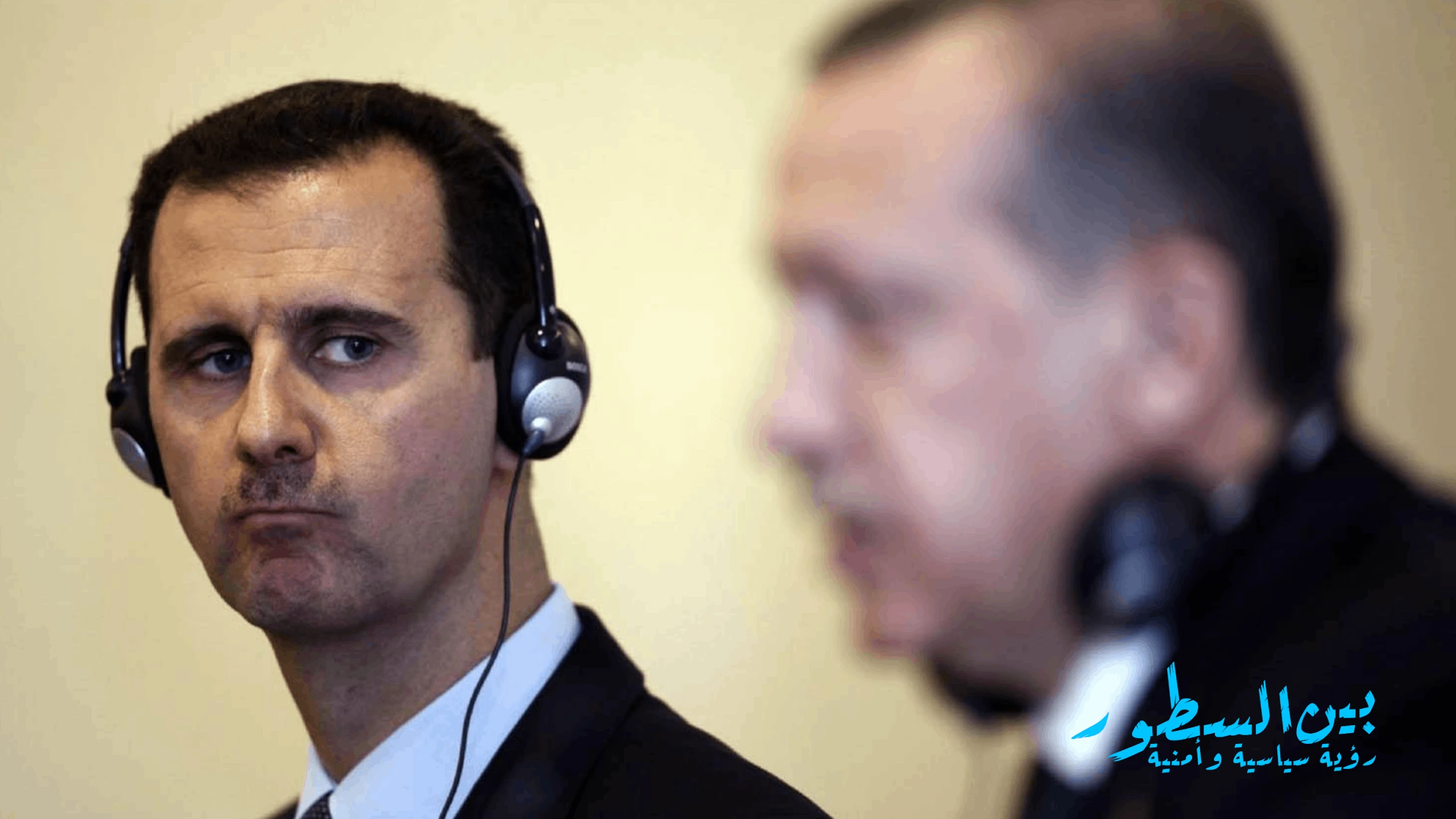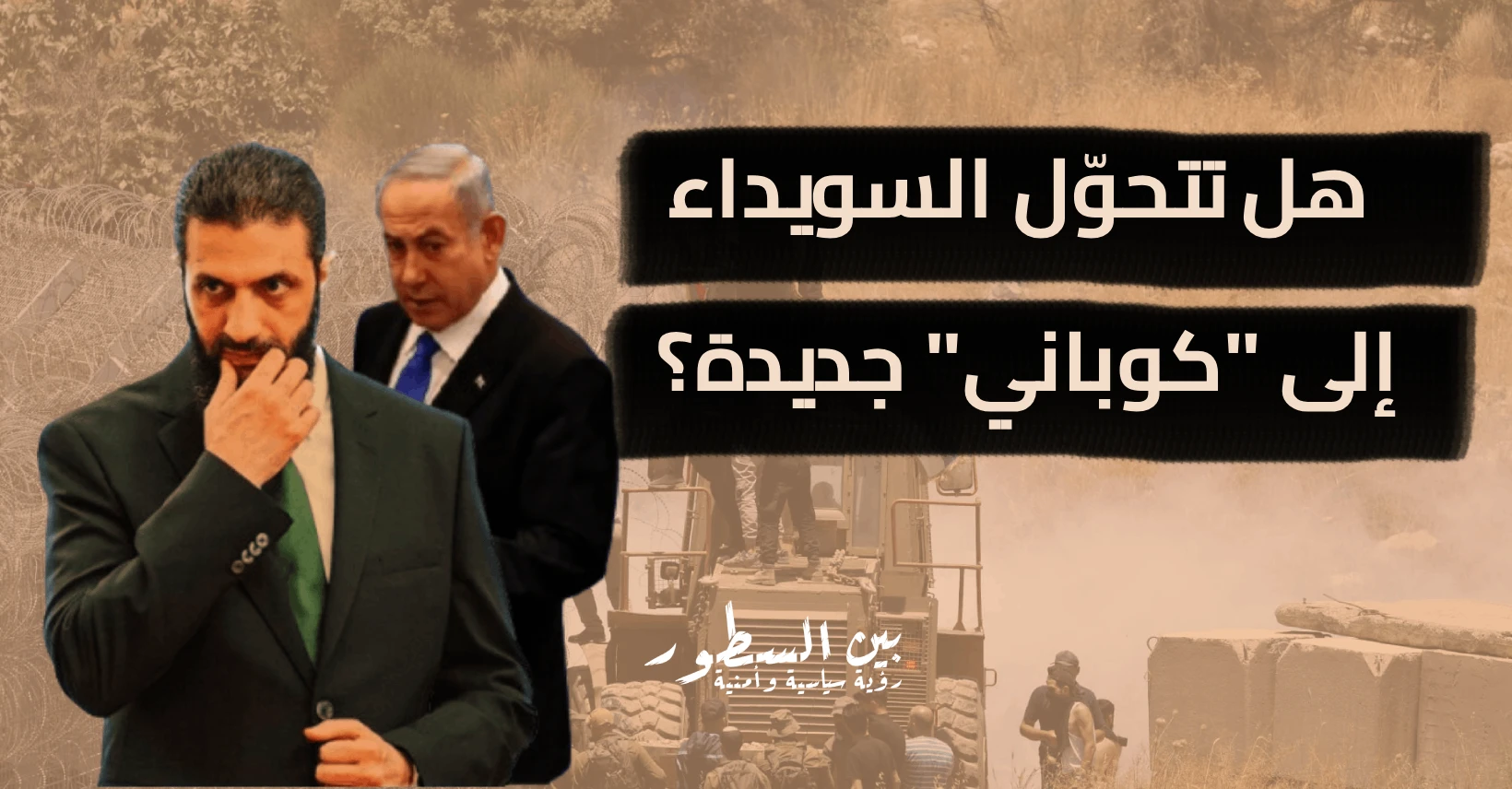Netanyahu: Between Acknowledging Defeat and Creating a False Victory – An Analysis Between the Lines
This is an AI-generated English translation. The original text is in Arabic.
The repercussions of the battle in the north compel Netanyahu to announce his military defeat in Gaza in a way that markets it as a victory in the coming days. With increasing internal pressures, especially from the Israeli left demanding an end to the war and negotiations for the release of hostages held by Hamas, it seems that Netanyahu will soon find himself forced to concede. However, he understands that declaring a ceasefire means the beginning of an internal political battle that could oust him from the scene, which he is trying to postpone at least until the results of the upcoming U.S. elections become clear, which may bring a president who fully supports his policies, unlike Biden.
Failures of the Israeli Army in Gaza
After more than nine months of fighting, the Israeli army has failed to eliminate Hamas, contenting itself with killing over 37,000 Palestinians, most of whom are civilians, without freeing its hostages, and even losing some of them in rescue attempts. This failure has sparked a wave of anger and outrage within Israel, where protests led by the left have intensified, calling for Netanyahu's ousting or pushing him to accept a prisoner exchange deal. The left is trying to leverage this crisis to gain political capital that would enable it to form a new government with broad public support.
Upcoming Challenges in the North
If the Israeli army has failed to achieve its objectives in Gaza despite the heavy losses it has suffered (700 dead and more than 5,000 injured), how will it fare against Hezbollah in the north? The party is not besieged and enjoys broad support from Iran, and possibly from Russia and China according to some reports.
Hamas revealed during the battles in Rafah that it possesses Chinese "Red Arrow" systems, in a move that sends messages that its arsenal has not yet been depleted, and it may have acquired new advanced weapons through channels linked to Russia and China, which raises concerns in Israel and reinforces its suspicions regarding arms sources.
Hezbollah's Preparations
Hamas's prolonged management of the battle has given Hezbollah and other armed movements the opportunity to reorganize their forces and prepare for a potential confrontation in the north. Estimates indicate that Hezbollah's forces outnumber and outgun Hamas, with the Israeli army estimating Hamas fighters at around 30,000, while Hassan Nasrallah announced that his party's forces exceed 100,000 fighters, with a more advanced arsenal. This data makes any northern confrontation a losing battle for Israel unless it receives direct military support from the United States, a support that could lead to an escalation of the war and the involvement of other international parties such as Russia, as well as Iran, whose intervention seems inevitable.
International Concerns
International concerns are growing about the expansion of the conflict into a comprehensive confrontation in the region. Statements from U.S. Secretary of State Blinken and several Israeli military leaders and politicians reveal a clear anxiety about Hezbollah entering the battle with full force. This concern is linked to potential repercussions on the stability of the Middle East and providing Russia with justifications to increase its intervention, which could lead to a decrease in Western interest in Ukraine, placing Europe in a strategic dilemma. Additionally, Washington's engagement in a large-scale war could give China a greater opportunity to act towards Taiwan.







